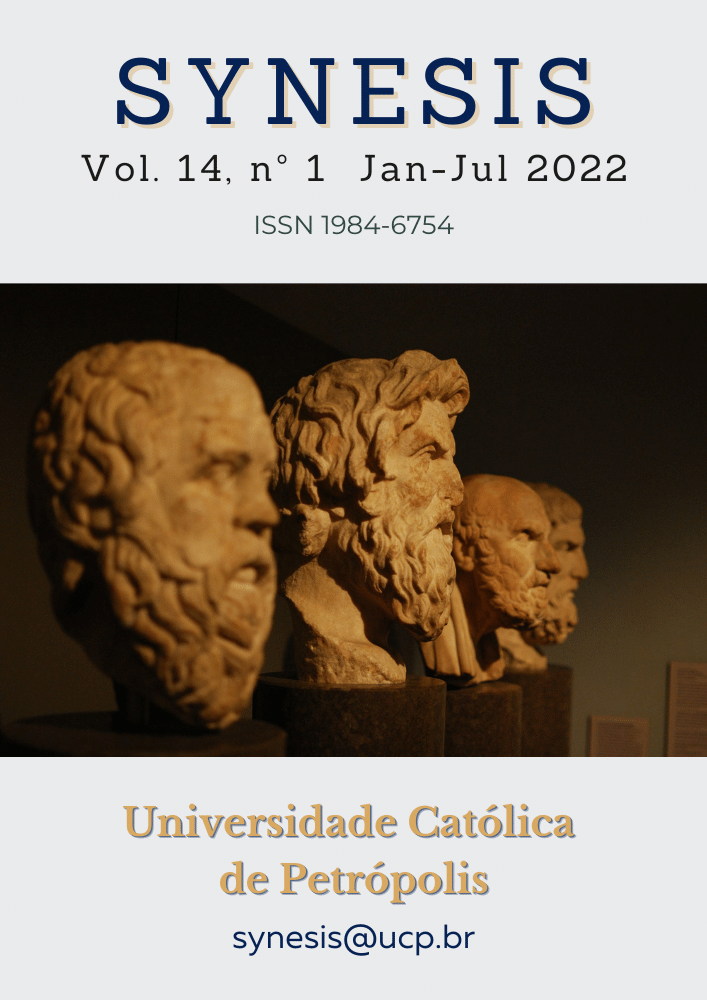Abstract
The objective of this work is to discuss happiness as an individual desire based on the connections between Mill's utilitarian ethics (2005) and Rorty's solidarity ethics (2007; 2010). To this end, we start from the theoretical observation that both philosophical currents aim to reduce pain and increase the pleasure of individuals in order to achieve maximum general happiness. However, there are differences between the two ethical-philosophical proposals that focus on the way in which we should develop our ethical codes so that we can achieve a balance between individual and collective desires, the normative-prescriptive utilitarian and the neopragmatist based on collective agreements made through the conversation and aimed at preventing cruelty, as well as encouraging acts of solidarity. To support this discussion, we will work with the following theoretical contribution: Frey (2013) Mill (2005); Rorty (2007; 2010), Mulgan (2012).
References
ELLIOT, Robert. Normative Ethics. In JAMIESON, Dale (Ed.). A Companion to Environmental Philosophy. Mandem, Blackwell Publishers, 2001, pp. 177-191.
FREY, R.G. Act-Utilitarianism. In LAFOLLETE, Hugh; PERSSON, Ingmar. (org.) The Blackwell Guide to Ethical Theory, 2° ed., 2013, p. 221-237.
MILL, John Stuart. Sobre a liberdade. Trad. Pedro Madeira. Rio de Janeiro: Nova Fronteira, 2011.
MILL, John Stuart. Utilitarismo. Trad. Pedro Galvão. Porto: Porto Editora, 2005.
RORTY, Richard. A Filosofia e o espelho da natureza. Trad. Antônio Trânsito. São Paulo:
Relume Dumará, 1994.
RORTY, Richard. Contingência, ironia e solidariedade. Trad. Vera Ribeiro. São Paulo: Martins Fontes, 2007.
RORTY, Richard. Uma ética laica. Trad. Mirella Traversin Martino. São Paulo: Martins Fontes, 2010.
RORTY, Richard. Achieving our Country: Leftist Thought in Twentieth-Century America. Cambridge: Harvard University Press, 1997.
TIM, Mulgan. Utilitarismo. Trad. Fábio Creder. Petrópolis: 2012.

This work is licensed under a Creative Commons Attribution-NonCommercial-NoDerivatives 4.0 International License.
Copyright (c) 2022 Synesis (ISSN 1984-6754)
